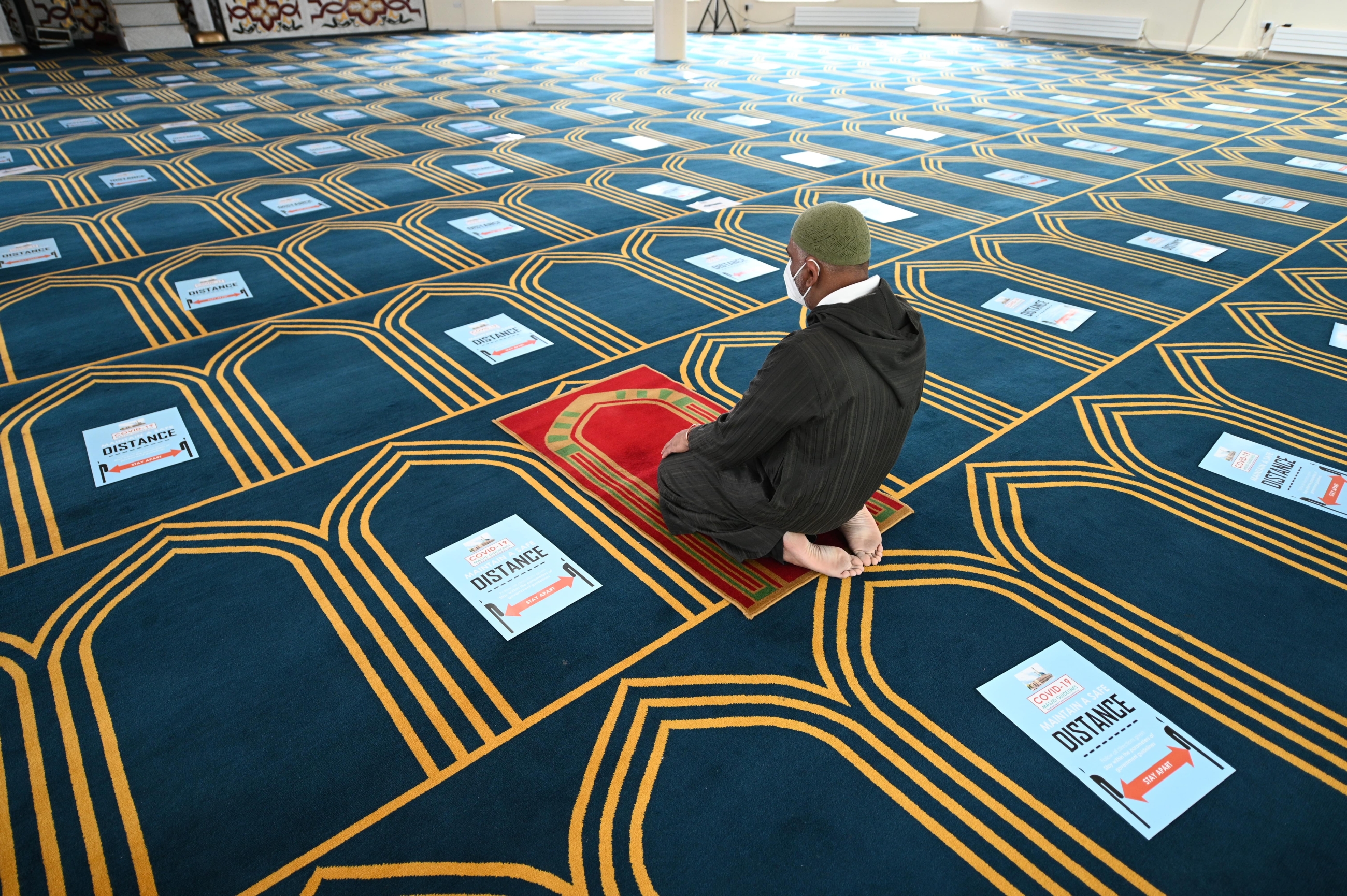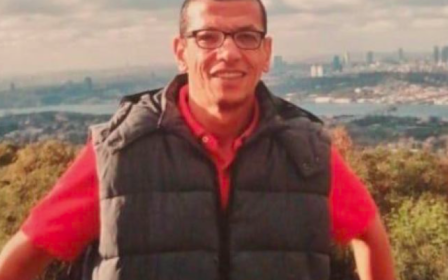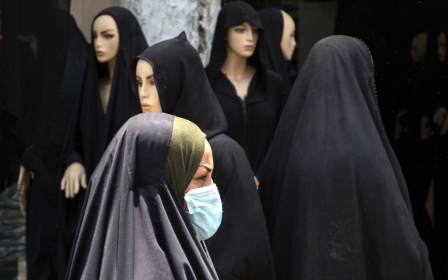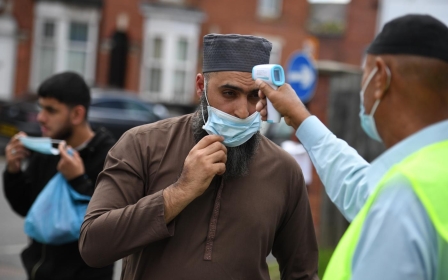UK government refuses to publish evidence behind Eid lockdown measures

The British government has refused to publish evidence behind its decision to impose a coronavirus lockdown in the north of England just hours before the Muslim festival of Eid al-Adha, according to a report by The Guardian on Monday.
On 30 July, UK health secretary Matt Hancock announced on Twitter that, effective immediately, households in Manchester and surrounding areas could not meet other families indoors. He cited an increasing rate of coronavirus transmission in the area, and said it was “largely due to households meeting and not abiding to social distancing”.
The tweet was posted at 9pm - just three hours before the start of Eid.
Several of the towns and cities placed under lockdown at the time, including Oldham, Bolton and Bradford, have high proportions of Muslims according to the most recent UK census.
The timing and location of the lockdown led many to accuse the government of unfairly targeting Muslims.
New MEE newsletter: Jerusalem Dispatch
Sign up to get the latest insights and analysis on Israel-Palestine, alongside Turkey Unpacked and other MEE newsletters
The Department of Health and Social Care said that it held the evidence to support Hancock’s claim but refused to publish it, claiming the data would jeopardise “the internal deliberative process as it relates to policy making”.
The decision not to publish the data has been criticised by the UK government’s own Islamophobia adviser.
Qari Asim, the deputy chair of a government taskforce on anti-Muslim hatred, said Hancock’s announcement at the time made it look like that Muslim communities were not abiding by government guidelines.
"Therefore it’s only right that full data is made public to make things clearer,” Asim said.
“We saw a rise of Islamophobia online and the Muslim communities were seen as the cause of another lockdown. Some people definitely felt that the timing of the announcement was very poor. The way it was made showed disregard to a faith community.”
“We don’t want to give rise to hateful narratives and it’s really important that the authorities ensure that such hateful narratives are not supported.”
In the wake of the Covid-19 pandemic, conspiracy theories and misinformation spread online in the UK, blaming Muslims for the outbreak of the disease. The media has also been criticised for feeding into this narrative by frequently using images of Muslim women in stories about the virus.
Muslims in the UK are thought to have been disproportionately impacted by the coronavirus.
A government inquiry found that people of Black and Asian origin had higher Covid-19 death rates than other ethnic groups. Those of Bangladeshi background, of which the vast majority are Muslim, were twice as likely to die than those who were white British.
Many Muslims and medics were left outraged earlier this year after Trevor Phillips, who was suspended from the Labour Party over allegations of Islamophobia, was appointed by the UK government to investigate why ethnic minorities were being disproportionately impacted by the virus.
Middle East Eye delivers independent and unrivalled coverage and analysis of the Middle East, North Africa and beyond. To learn more about republishing this content and the associated fees, please fill out this form. More about MEE can be found here.




